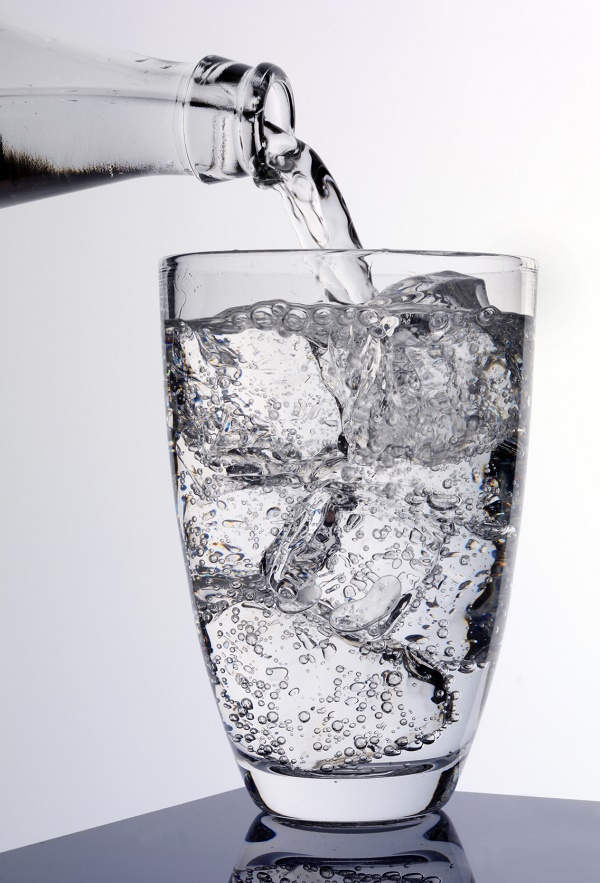
Tooth Decay Facts About Acid
There are many things that are bad for your teeth, chewing on ice, not wearing mouthguard while playing contact sports, and of course excessive sugar intake. Sugar reigns supreme in the world of poor oral hygiene, and every dentist, including your Melbourne, Florida dentist will warn you of its dangers. Yet, while we all know that sugar is the cause of dental decay, not many people understand why. It’s not the sugar itself that causes cavities, but the acid that is created as a byproduct that begins to erode your enamel and cause you pain. Acid is the real cause of dental decay, and it can come in contact with your teeth whether or not you’re consuming sweets.
First Sugar then Acid
The reason why sugar is so bad for your teeth is because bacteria devour it. Bacteria need food to survive too and sugar is a favorite. The sucrose and glucose found in sugar gives bacteria the energy they need to replicate and carry out their basic functions. Nearly immediately after brushing your teeth a combination of carbohydrates and proteins called glycoproteins stick to your teeth and begin the process of becoming plaque. These glycoproteins are extremely sticky and attract all types of bacteria. We’ve discussed how at any given moment there are millions of bacteria in your mouth. Some are helpful and others, like Streptococcus mutans, are extremely harmful. This particular strain can cause cavities and can lead to periodontal disease. The S. mutans bacteria are able to cause tooth decay because of a special enzyme called glucosyltransferase. This enzyme causes the polymerization of glucose and sucrose. This binds them together and releases another form of sugar called fructose. The bacteria then metabolize or consume, that fructose which causes the synthesis of lactic acid. This acid upsets the pH of the mouth. The tilt in acidity begins to dissolve calcium phosphate in the enamel, and further erosion of the tooth causes a cavity.
Acid is Acid
The lactic acid produced by bacteria consuming fructose is of immediate concern for a person’s teeth. Because these bacteria are stuck to the tooth in the plaque they remain on the teeth and can cause immediate damage if not removed every morning and evening. However, there are other sources of acid that are just as detrimental to the pH of your mouth and the integrity of your teeth. Unfortunately, they can lurk in unsuspecting places.
Carbonated Beverages Damage Teeth
Most carbonated beverages are filled to the brim with sugar. Sodas, as well as alcoholic beverages, like sparkling wine, contain the sucrose and glucose that fuel S. mutans bacteria and facilitate the development of cavities. However, the chemical that creates carbonation can also be a culprit in cavity creation. Carbonation is caused by carbon dioxide added to a beverage. When this CO2 is released it undergoes a chemical reaction in the mouth and carbonic acid is created. This acid can act on the pH of the mouth and facilitate the disintegration of the calcium phosphate in your dental enamel. Because of this, things like carbonated water – although sugarless – can create a susceptibility to cavities. The good thing about carbonic acid is that it can be eliminated with a sip of “flat” or non-carbonated water and return the mouth’s pH to neutral or slightly basic.
Fruit Facts and Your Teeth
Citrus fruits are well-known for their acidity. Lemons, limes, and grapefruits all add a strong flavor without sugar due to their pH level. Many people add them to their water to give it a refreshing taste. The lingering acid from these fruits can alter the acid levels in your mouth and contribute to the development of dental caries. As with carbonated waters, by rinsing your mouth out with plain water after drinking you can essentially rid your mouth of the acidic mixture.
Dental caries is created when acid is able to dissolve the calcium from your teeth. The metabolization of sugar by S. mutans bacteria is especially efficient at causing tooth decay. Because the sugar and bacteria are “stuck” in plaque, they can cause massive damage to concentrated areas of the tooth. However, there are several other more subtle acids that can cause a pH imbalance in the mouth and lead to tooth decay. The best way for you to prevent cavities from forming is by preventing acid from causing any changes. You can do this by brushing your teeth twice daily for two minutes at a time, and by flossing once each day. Another way to prevent the development of cavities is by making twice-yearly appointments with your Melbourne, Florida dentist. Dr. Brazdo can clean your teeth to remove cavity-causing plaque and tartar as well as fill and treat any cavities that may have formed. Call today to schedule your appointment today!

